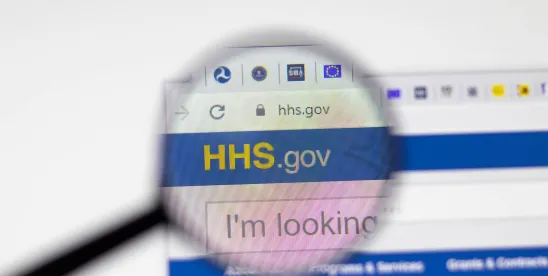The House Appropriations subcommittee advanced the FY 2026 Labor-HHS funding bill on an 11–7 party-line vote, trimming the HHS budget by about 6% (roughly $7 billion) while preserving NIH funding at approximately $48 billion — rejecting a nearly 40% cut previously sought by the Trump administration.
The bill makes targeted reductions elsewhere, including a roughly 19% cut to the CDC and the elimination of the Agency for Healthcare Research and Quality (AHRQ). Republicans emphasized concentrating on core communicable disease programs and streamlining initiatives they viewed as duplicative or low value.
Significantly, the measure sustains $1.85 billion for primary health care, ensuring continued support for community health centers and key access points nationwide. It also boosts behavioral health resources by creating a new $4 billion Behavioral Health Innovation Block Grant, which consolidates the Community Mental Health Services Block Grant, Substance Use Prevention, Treatment and Recovery Services Block Grant, and State Opioid Response — all under a unified formula-based structure.
Taken together, the package reflects congressional Republicans’ effort to preserve robust biomedical research (through NIH), tighten funding for certain public health programs, and modernize behavioral health delivery via substantial, consolidated funding. At the same time, it reinforces primary care infrastructure. The proposal now advances to the full Appropriations Committee for further deliberation.




 />i
/>i

